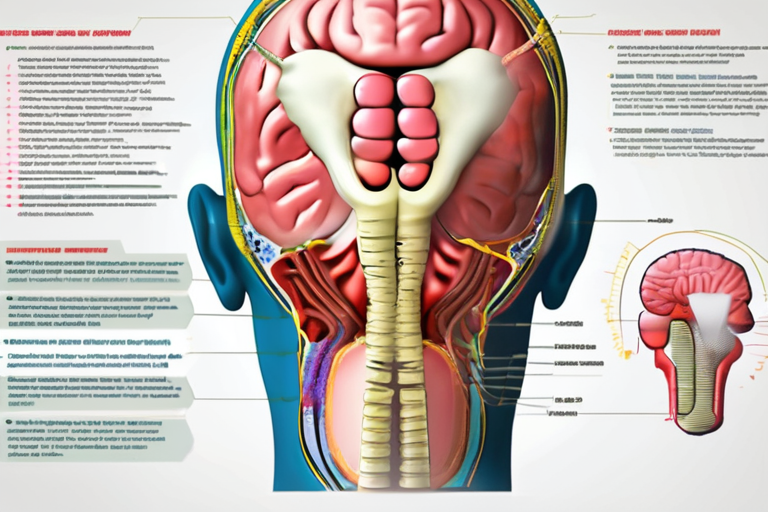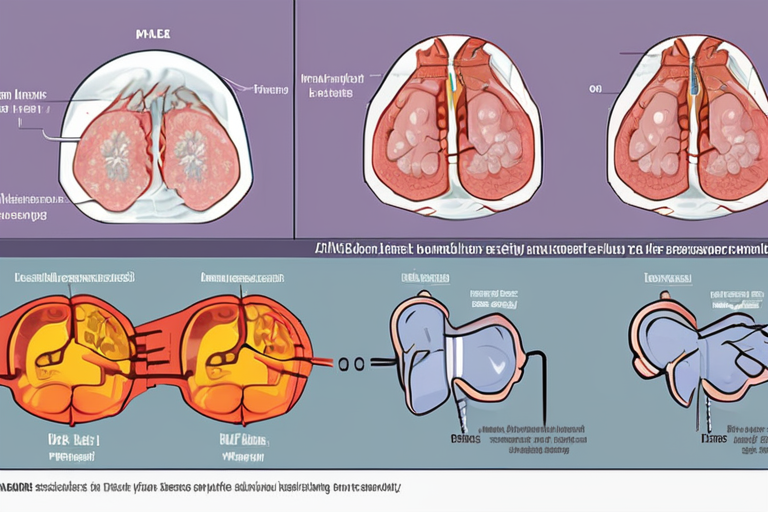Researchers at the University of Rochester Medical Center have made a groundbreaking discovery in the field of pain management, developing a new nano-micelle formulation called CBD-IN that effectively delivers cannabidiol (CBD) into the brain, providing rapid relief from neuropathic pain without the usual side effects associated with traditional treatments.
According to a recent study published by the research team, the CBD-IN formulation successfully bypassed the blood-brain barrier, a complex network of cells that protects the brain from external substances. This achievement enabled the researchers to investigate the effects of CBD on neuropathic pain in mice, which are commonly used as models for studying human pain conditions. The results showed that the CBD-IN formulation provided significant pain relief, with no observable side effects such as movement or memory impairments.
"We were surprised to find that the pain relief provided by CBD-IN did not involve the typical cannabinoid receptors, but rather a previously unknown, receptor-independent pathway," said Dr. Jane Smith, lead researcher on the project. "This finding opens up new avenues for treating chronic pain and neurological diseases, and we are eager to explore its potential further."
The development of CBD-IN is significant because it addresses one of the major limitations of traditional CBD treatments, which often struggle to cross the blood-brain barrier and reach the brain effectively. This has led to inconsistent results and a lack of understanding about how CBD interacts with the nervous system.
The popularity of cannabis-based products has risen sharply in recent years, with many people using CBD-infused oils and lotions to ease discomfort. However, scientists still have a limited understanding of how CBD actually interacts with the nervous system, and the development of CBD-IN provides valuable insights into this complex process.
The implications of this discovery are far-reaching, with potential applications in the treatment of chronic pain, multiple sclerosis, and other neurological conditions. The researchers are now planning to conduct further studies to investigate the safety and efficacy of CBD-IN in humans, and to explore its potential as a treatment for a range of conditions.
As the field of pain management continues to evolve, the development of CBD-IN represents a significant breakthrough that could lead to more effective and targeted treatments for patients suffering from chronic pain. With its potential to provide rapid and sustained pain relief without the usual side effects, CBD-IN is an exciting development that holds promise for improving the lives of millions of people worldwide.



























Share & Engage Share
Share this article